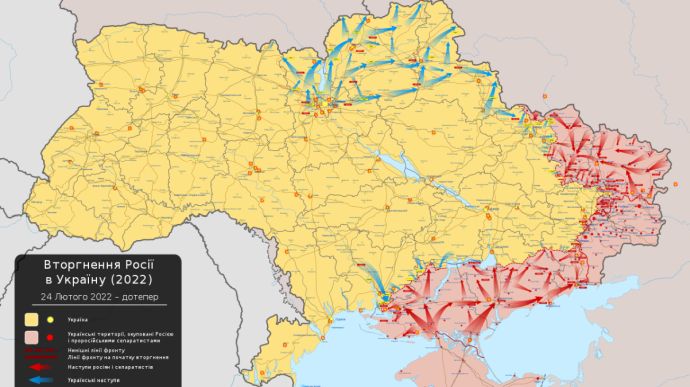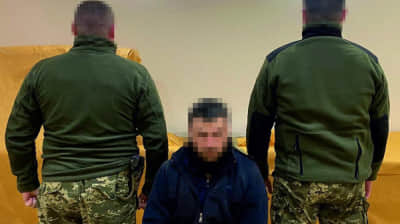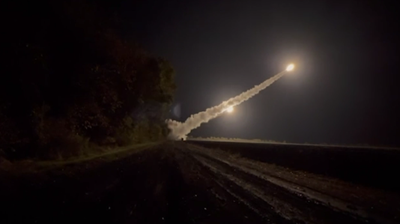Territorial concessions are unacceptable to 84% of Ukrainians – Kyiv International Institute of Sociology

OLENA ROSHCHINA – WEDNESDAY, 27 JULY 2022, 12:58
One-tenth of Ukrainians agree to conceding territories to Russia in order to end the war, but for 84% of citizens, territorial concessions are unacceptable.
Source: Kyiv International Institute of Sociology (KIIS), according to the results of a survey conducted between 6-20 July 2022
Details: Territorial concessions are not acceptable to 84% of respondents.
Only 10% of respondents believe that in order to achieve peace and to preserve independence, it is acceptable to give up some territories.
The mood of the population has, for the most part, remained unchanged since May.
Respondents from the east of the country and those who call themselves Russian-speaking Russians in Ukraine are somewhat more inclined to make concessions.
Despite the sensitivity of the question, the respondents seemed to be quite sincere. The "imagined acquaintance" method, in contrast to the "direct question", showed a slight difference: 80% are against Ukraine making territorial concessions, while 14% would allow them for the sake of peace.
From 6 to 20 July, the Kyiv International Institute of Sociology (KIIS) conducted an all-Ukrainian "Omnibus" public opinion poll. 2,000 respondents were interviewed in Ukrainian-controlled territories, using the CATI method (telephone interviews with the use of a computer based on a random sample of mobile phone numbers).
In [an earlier poll conducted by the KIIS in] May, 2.5-4% of all respondents lived in the territories occupied after February 24 (this corresponded to the percentage of the population living there, since the generation of phone numbers was random); now, due to the disconnection of telephone communications by the occupiers, fewer respondents living in occupied territories could be interviewed, amounting to approximately 0.2% of all those surveyed.
Under normal circumstances, the statistical sampling error (with a probability of 0.95 and allowing for a design effect of 1.1) would not exceed 2.4% for rates close to 50%, 2.1% for rates close to 25%, 1.5% for rates close to 10%, and 1.1% for rates close to 5%. In wartime conditions, a certain systematic deviation is added.
Anton Hrushetskyi, deputy director of the KIIS, noted that although the views of respondents who lived under occupation were somewhat different, the overall trends were quite similar. That is, the current impossibility of interviewing many respondents in the temporarily occupied territories did not significantly affect the quality of the results.
There are other factors that can affect the quality of the results under "wartime" conditions; however, the KIIS believes that the results obtained are still highly representative and allow for a fairly reliable analysis of the public mood.










